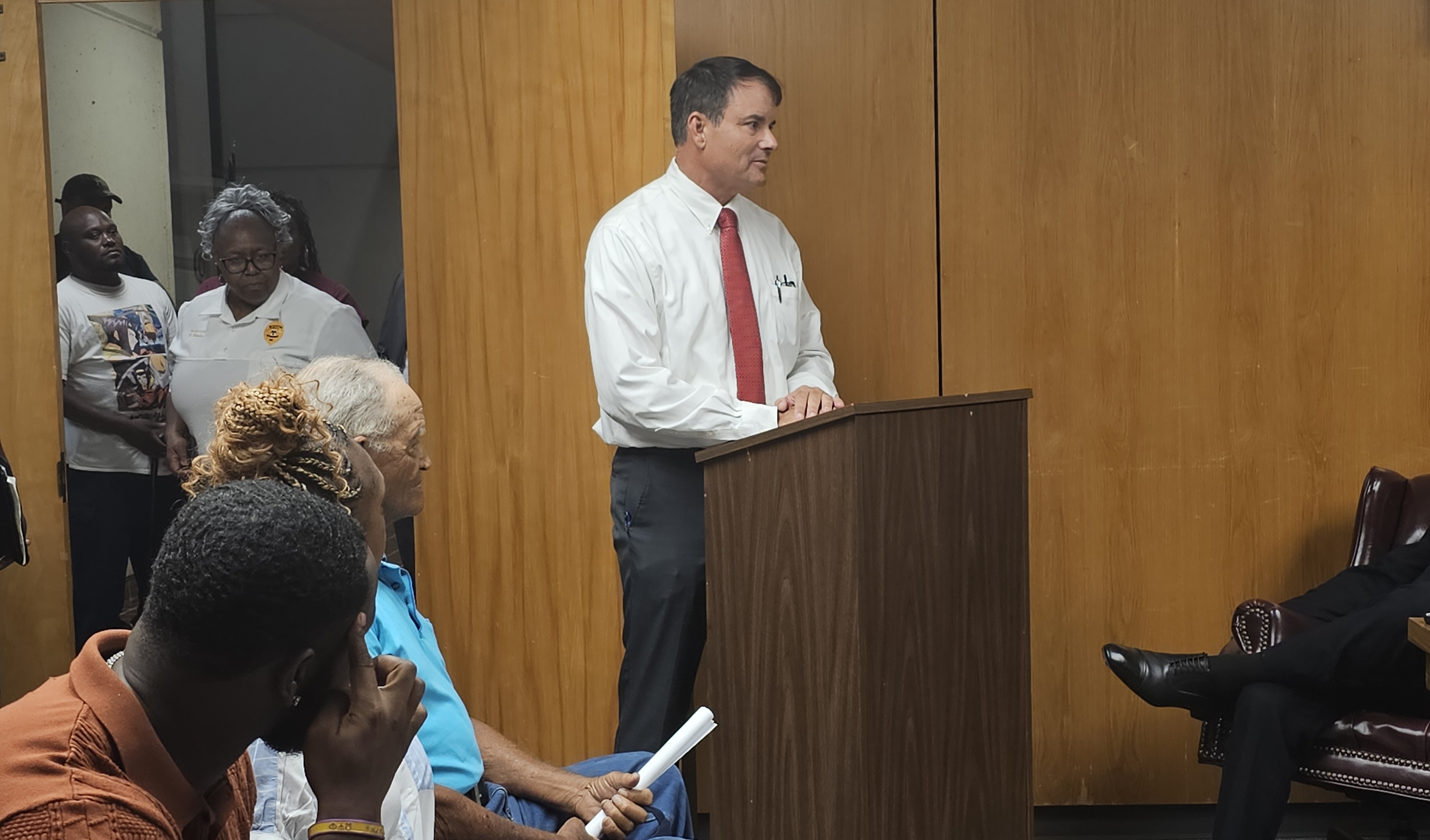Government transparency matters to the public
Published 11:08 pm Thursday, January 18, 2018
The Lincoln County Board of Supervisors, like most government bodies, enters into executive session relatively frequently. There is nothing wrong with that, but the way the board is handling those closed sessions could use a little work.
Public bodies can only enter into executive session under the state’s Open Meetings Act for very specific reasons — there are 11 “exemptions” that allow them to do this. The reason or exemption cited by the board recently has been “economic development.” That’s not technically an allowed exemption.
The act allows for closed meetings for “transaction of business and discussions or negotiations regarding the location, relocation or expansion of a business or an industry.”
Now that sounds an awful lot like economic development, but there is a difference. Closing the meeting to the public to discuss a specific “location, relocation or expansion of a business or an industry” is one thing. Closing the meeting to the public simply to discuss “economic development” can be several things. It could be that the board is getting an update from local economic development officials — or the hired Retail Coach — on efforts to attract business and industry in general. Or maybe they are simply talking about their desire to attract more businesses to the area. If so, that is not what state law allows. It could be that the board is hearing an update from officials about how things are going at Linbrook Business Park and what has been done to market the facility. If so, that is not what state law allows.
Why does all of this matter? Because government transparency matters, and if public bodies meet in closed session outside of what state law allows, then the public (that’s you) loses. When this happens, we don’t know (and you don’t know) what your elected officials are doing — or not doing.
Maybe supervisors are meeting in closed session to discuss a specific “location, relocation or expansion of a business or an industry” when they kick the public out for “economic development.” If so, they need to make that clear before entering executive session.
We all benefit from an informed, educated public that knows what local governing bodies are doing.




